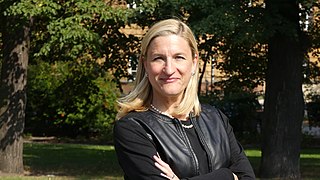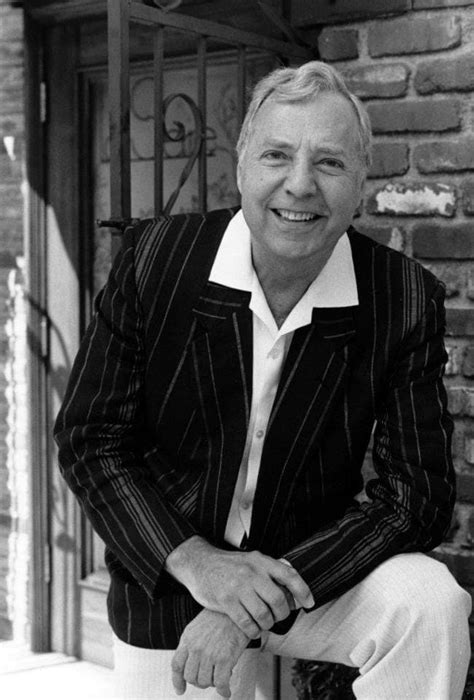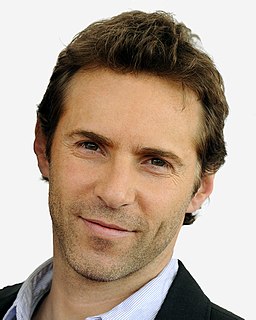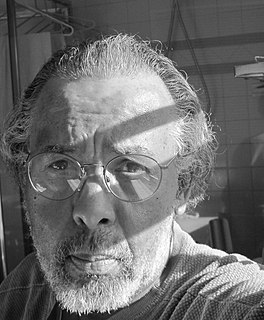A Quote by Alexis Denisof
Personally, my taste is towards development of a character, as well as the resolution of a story plot. I like to find both, if I can.
Quote Topics
Related Quotes
The writer must always leave room for the characters to grow and change. If you move your characters from plot point to plot point, like painting by the numbers, they often remain stick figures. They will never take on a life of their own. The most exciting thing is when you find a character doing something surprising or unplanned. Like a character saying to me: ‘Hey, Richard, you may think I work for you, but I don’t. I’m my own person.’
Also, worldbuilding touches all aspects of your story. It touches plot and character as well. If you don't know the culture your character comes from, how can you know what he's really like? You must know your characters on a much deeper level than you would if you just shrugged your way into a cookie cutter fantasy world.
My fiction is based on both my own experience transformed, altered, juggled and changed to suit the demands of composition, character, and plot. If I see a theme emerging in a story I will likely take it up and develop it. I hardly ever set out with a conscious plan and if I do the story usually takes over and takes me where it wants to go.
A dream inspiring a story is different than placing a description of a dream in a story. When you describe a character's dream, it has to be sharper than reality in some way, and more meaningful. It has to somehow speak to plot, character, and all the rest. If you're writing something fantastical, it can be a really deadly choice because your story already has elements that can seem dreamlike.




































